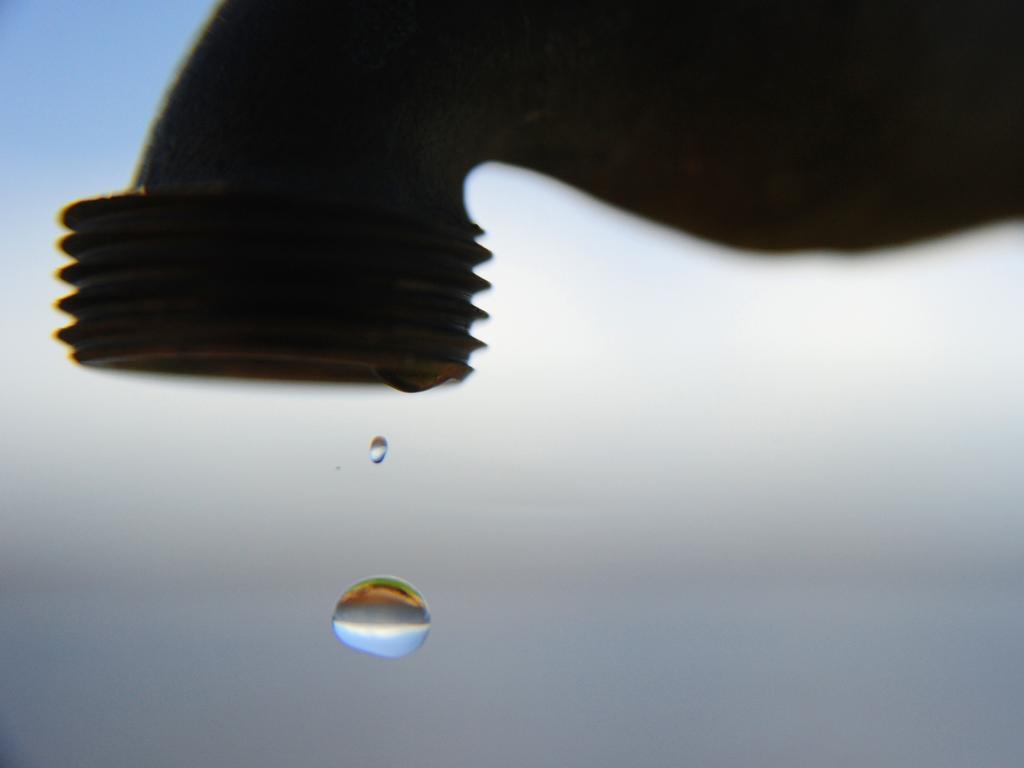The fluoride myths that have been debunked by researchers across the globe
While years of studies have been conducted into fluoride there are numerous myths that linger. ALL THE ANSWERS
Leading health organisations have signed off on water fluoridation, insisting it is one of the safest, easiest and most effective methods to reduce the prevalence and severity of oral disease.
The Courier-Mail and its sister publications across Queensland launched the State of Decay series, highlighting the significant dental health problems in regions without fluoride.
However, while years of studies have been conducted, there are numerous myths that continue to plague the subject of fluoridation.
Here are some of the questions you asked that have been debunked >>>
How effective is fluoride really?
According to the National Health and Medical Research Council (NHMRC) tooth decay is the breakdown of the outer layers of teeth and is caused by bacterial acids that are produced when bacteria in the mouth break down sugar in foods and drink.
In a review conducted by NHMRC, it is said fluoride in drinking water “acts like a repair kit for teeth, working in a number of ways to strengthen teeth and make them more resistant to tooth decay”.
It also found children and teenagers who had lived in areas with water fluoridation had 26-44 per cent fewer teeth or surfaces affected by decay, and adults had 27 per cent less tooth decay.
They said a number of factors are likely to influence tooth decay variation across populations and countries, including diet, access to dental care, and the amount of tap water people drink.
The Australian Medical Association (AMA) went on to describe fluoride as one of the 10 “great public health measures of the 20th century”.

Is fluoride natural?
The NHMRC has described fluoride as a nutrient “because of its role in the prevention of dental caries (decay), fluoride has been classified as essential to human health”.
It is found naturally throughout our environment, in places such as rocks, soil, natural water sources, plants and air.
There’s enough fluoride in toothpaste so why put it in our water?
While fluoride is present in many toothpastes, it is much more effective when combined with fluoridated water, according to the NHMRC.
Fluoridated water keeps low levels of fluoride in saliva and in dental plaque all day, while fluoride in toothpaste offers additional benefit.
NHMRC declare together the two sources offer more protection than using either one alone.

Is fluoride safe for kids?
A study by the University of Queensland Professor Loc Doc recently debunked this myth which found that children who drink fluoridated water did not encounter developmental problems.
The study found those kids (now teenagers or adults) who’d consistently been drinking fluoridated water had an IQ score 1.07 points higher on average than those with no exposure.
“We also found people who had dental fluorosis – a reliable biomarker related to excessive fluoride intake in early childhood – had IQ scores 0.28 points higher on average than those without,” Prof Doc found.
The study was the second phase of research conducted by the UQ team – the first phase found no difference in behavioural development and executive functioning in children exposed to fluoridated water compared to those who had no exposure.
Does fluoride cause health problems such as cancer?
The NHMRC said there was reliable evidence to suggest water fluoridation at current levels in Australia is not associated with: cancer, down syndrome, cognitive problems, lowered intelligence, hip fracture, chronic kidney disease, kidney stones, hardening of the arteries, high blood pressure, low birth weight, premature death from any cause, musculoskeletal pain, osteoporosis, skeletal fluorosis (extra bone fluoride), thyroid problems or other self-reported complaints.

Does fluoridated water risk overexposure?
The Australian Dental Association (ADA) has backed research claiming there is little chance of overexposure with current safety regulations in place.
“The dangers of overexposure to fluoride are low,” the ADA said.
“High levels of fluorosis from naturally occurring fluoride are not as prevalent in Australia as in some Northern Hemisphere countries. Regulations already allow for modulating maximum allowed amounts.”
Is fluoridated water safe for infant formula?
The chance of developing dental fluorosis from infant formula is low, according to the ADA.
However, they urge parents or caregivers to talk with their dentist about what is best for their child’s health.



